Kelly Cooper
Born to Irish parents in East London, Kelly's dyslexia made speaking in class a challenge and she struggled to believe in her academic abilities. She blossomed at London Met, and has become a fierce advocate for fairness and diversity in education. Now, as the head of the department where she once studied, Kelly is living proof that with determination and support, anyone can make a transformational change to their own life and the wider community. Her proudest moments? Watching her students cross the stage at graduation, especially when she knows they've overcome their own obstacles.
I grew up in east London, in Canning Town and Custom House. My family came from Ireland, so I consider myself an Irish Cockney. As a child, I didn't really embrace being Irish. It wasn't really shouted about because of the political context at the time. Now, I'm proud of my Irish roots and being from the East End. I love the mix of people who live here – it's really diverse. One of the reasons I love London Met is that it mirrors what life was like growing up.
At school, university was never discussed with us. I didn't know anyone that had gone. I'm dyslexic – I'd avoid speaking in class. I'd spend hours just looking at a book. I don't think I was ever seen as someone who'd do well academically. I started working with children when I was 18, but after three years I felt like I hadn't finished learning. A friend told me about a part-time early childhood course at London Met and suggested I should come along. I had an interview and was offered a place, which surprised me as I didn't think I was smart enough for university.
On my first day, I stood outside the Tower Building having this internal dialogue. "Who do you think you are? They're going to find out that you're not smart enough, they're going to find out you're an imposter. You've fooled them in the interview, but there's no way that you should be going to university." I turned around and walked back towards the station. When I got there the same friend was walking out and said I was going the wrong way, so I played along and came back. If I hadn't bumped into her, I'm not sure I would have gone to university. I now ask my students on their first day, "How many of you think that you're an imposter? How many of you think that you're not smart enough to be here?" and tell them my story.
I flourished at London Met. I grew up here. It took me forever to finish my degree; I did two nights a week, part-time, for four-and-a-half years. A year later I realised how much I missed it and came back and did my master’s degree. Towards the end of that, I took part in a pilot for a government-run leadership programme. I was managing a non-profit nursery at the time, and I only did it because the government offered £40,000 in funding for the nursery. So, I jumped at the chance. Then my tutor asked me to be an assessor for the University, and it went from there. Once I got into a classroom of students, I fell in love with helping them to believe in themselves and to change their practice with young children. I never thought, twenty years ago, that I'd be teaching at a university!
I'm a real advocate for fairness. London Met is a place where we try to be fairer. We give students the opportunity to come to university who might not have had the chance before. I think it's important that students understand the far-reaching potential impact that they can have in their careers. Whether they're going to be a social worker or a teacher, an early practitioner or a health worker, those careers make a real difference in society – on people's lives, the lives of children and their families. When I first came out of practice I was worried that I wouldn’t have that impact anymore. But when I started teaching, I realised I can influence the 20-30 practitioners in this classroom right now who are going to go out and make their own impact on however many hundreds of children they're working with.
Homeless students continue to study because they want to achieve and want their children to be proud of them. One of our lecturers conducting research in this area shared this with me and I knew we had to take action. We should celebrate the fact that they can still achieve and raise aspirations for their children by continuing their studies. The now annual Family Day gives our students the chance to bring their children to the University and celebrate being a family, parent, and student. During the inaugral event, I met a little girl who told me she was dyslexic. I responded, "Oh, you are. Let me tell you something. So am I." She appeared shocked and replied, "But you work at a university?!" I said, "Yeah, I know. You can do anything when you're dyslexic."
We have this melting pot of experiences and backgrounds and celebrate differences in a genuine way. We have a curriculum that welcomes shared and different experiences and opinions. It's a rich environment where we talk about current issues and have open debates and discussions.
My proudest moments are at graduation. It's amazing to see students crossing the stage—it's the end of the journey for them. I get a bit emotional, particularly when I know someone's history. I’m a bit like, “Don’t cry. Don’t cry!” It's such a privilege to be part of it. I was practising the names for graduation at home. I was going around the house, reading them out loud, and my little girl said, "Mum, what language are you talking?" I said, "I'm speaking the language of London Met." She replied, “Oh, it's beautiful.”
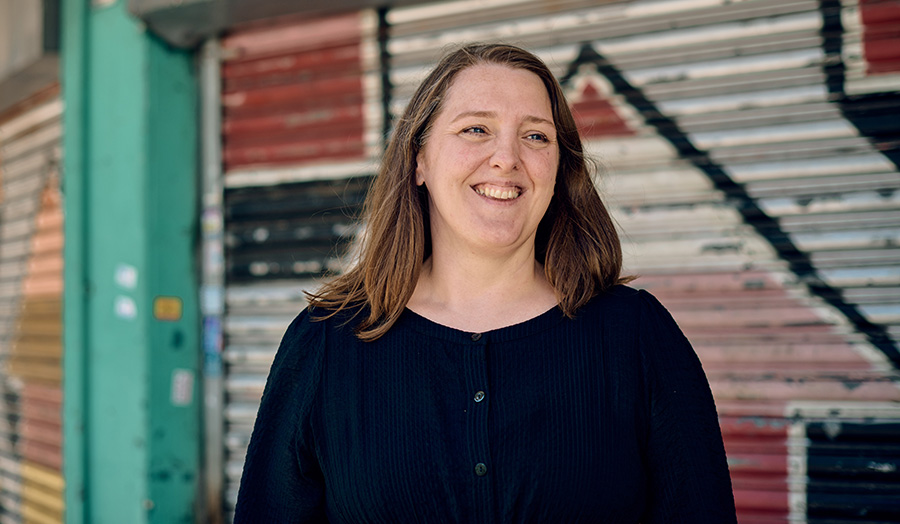
"Once I got into a classroom of students, I fell in love with helping them to believe in themselves and to change their practice with young children. I never thought, twenty years ago, that I'd be teaching at a university!"
Read more about our School of Social Sciences and Professions.
Find out more

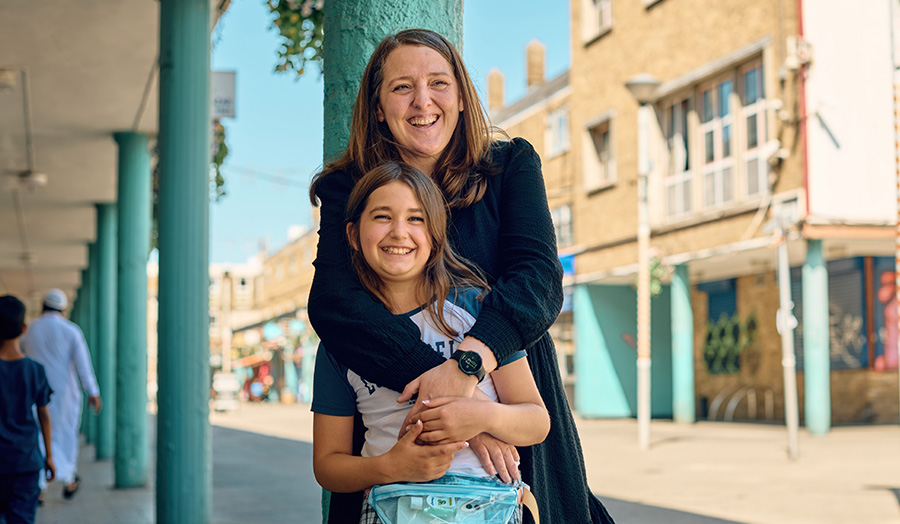
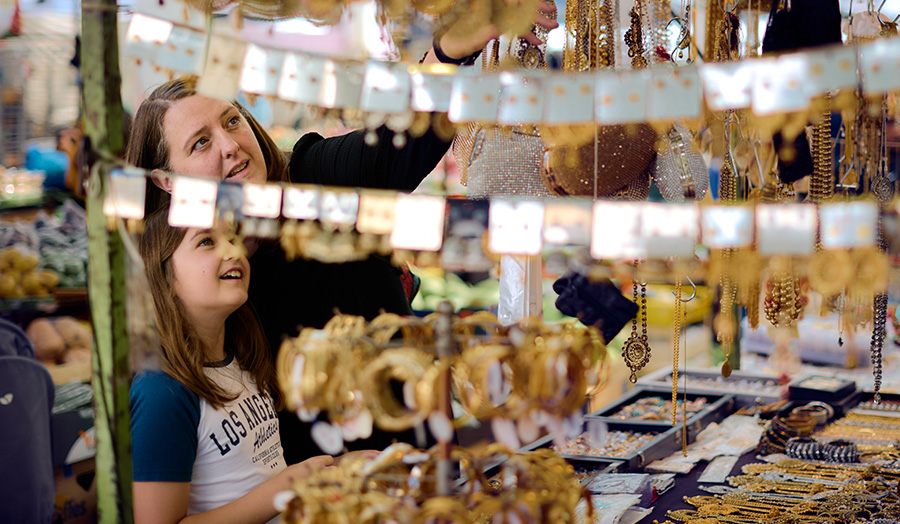
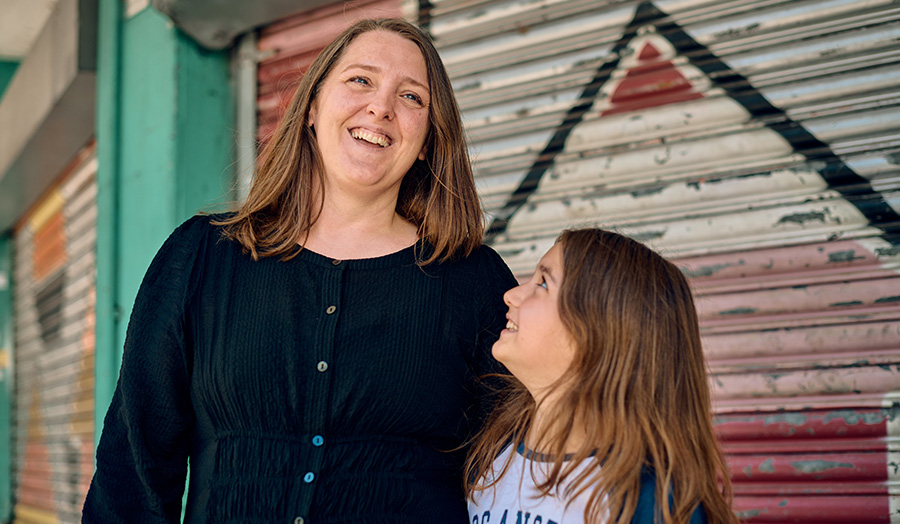
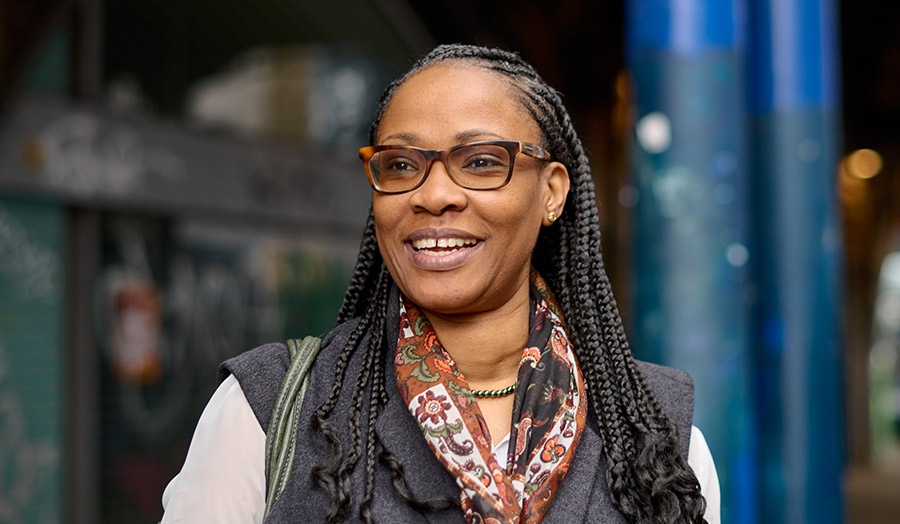
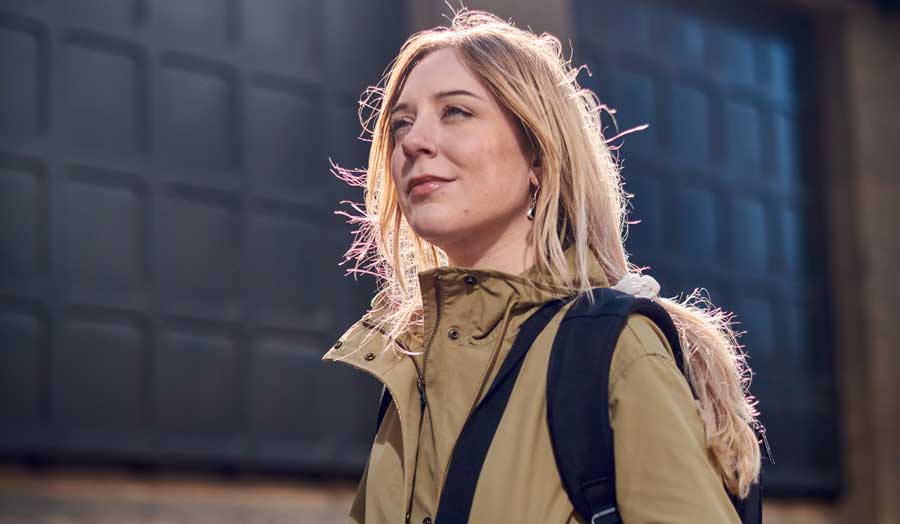
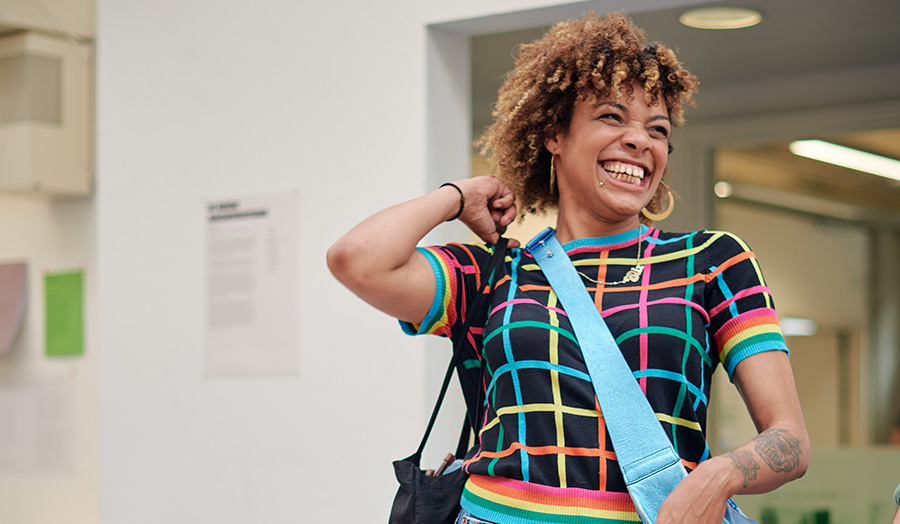
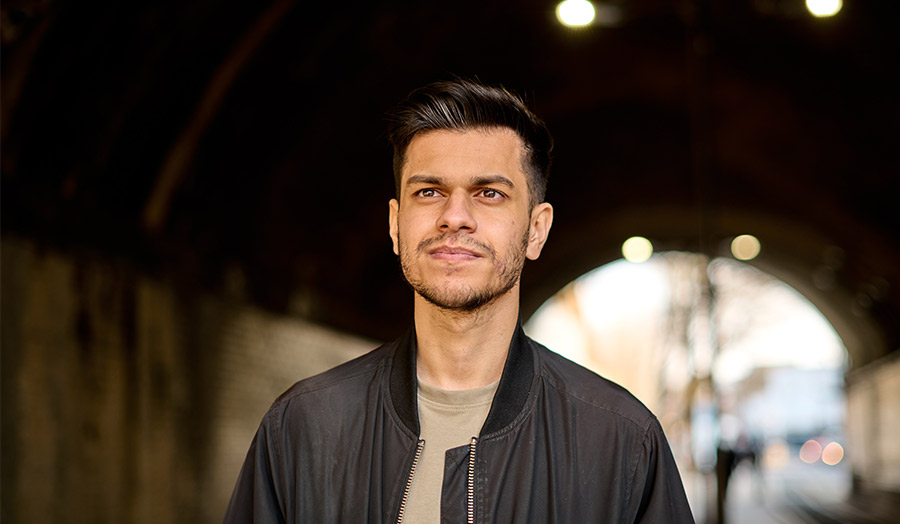

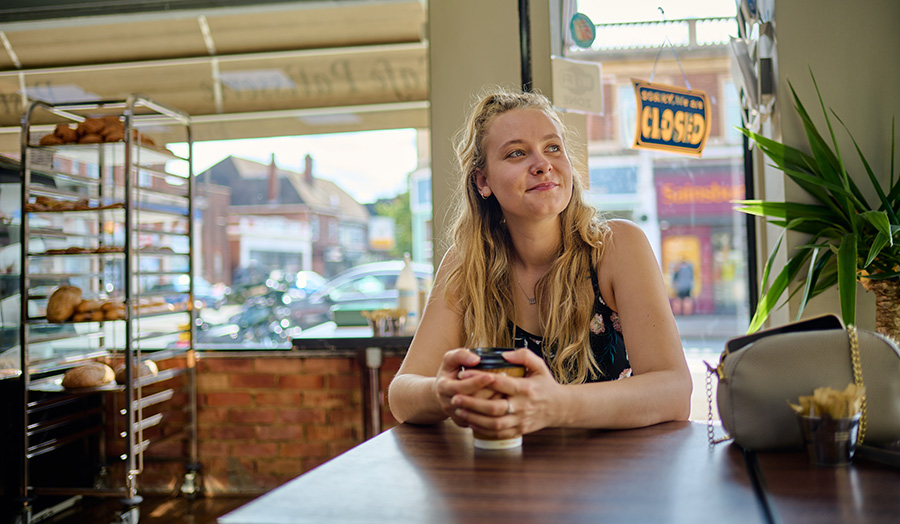
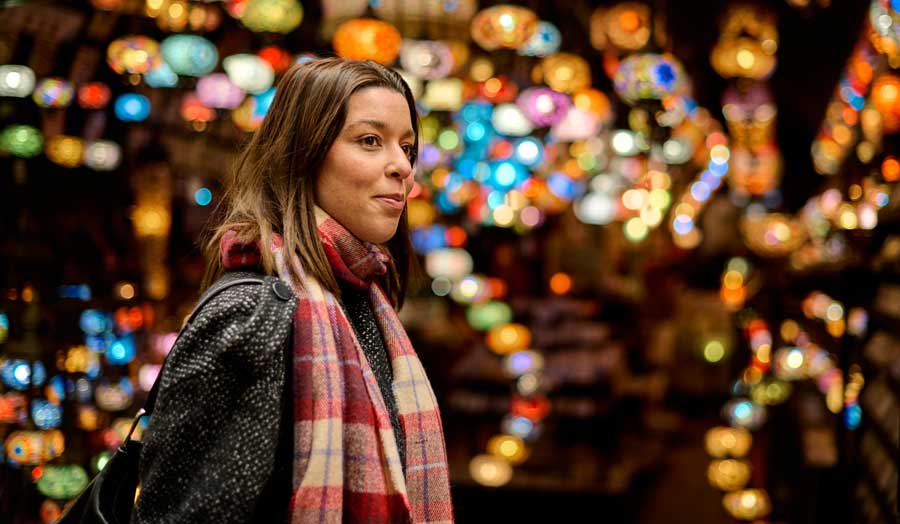

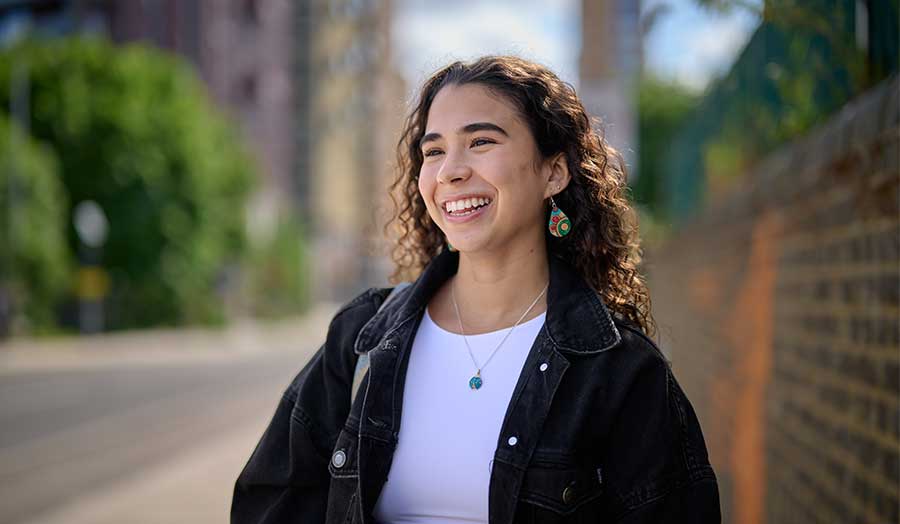
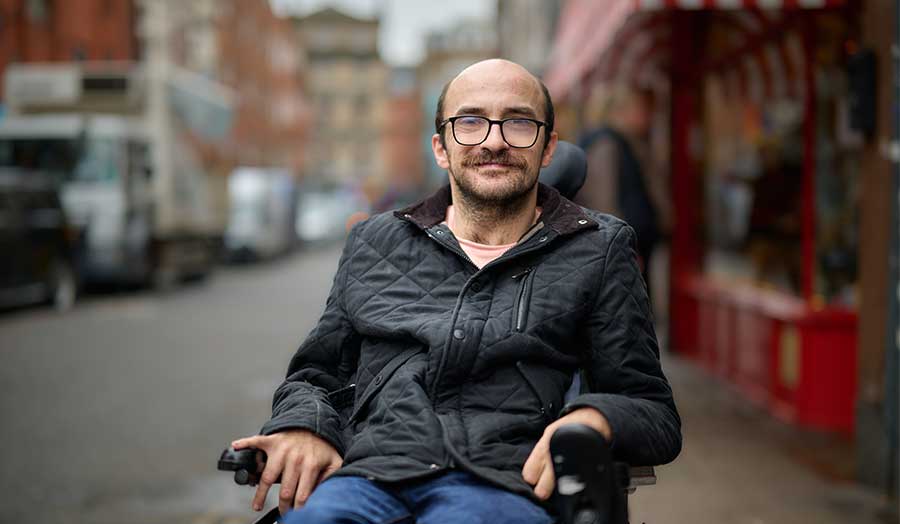
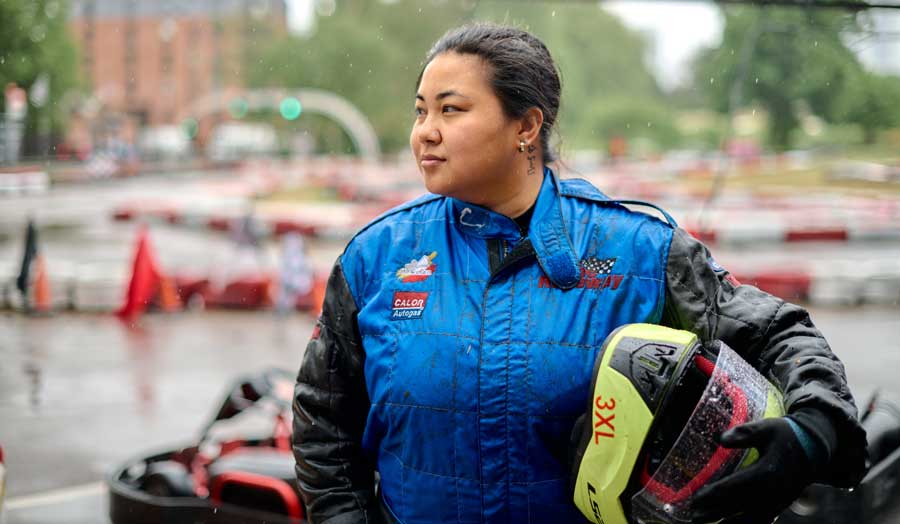
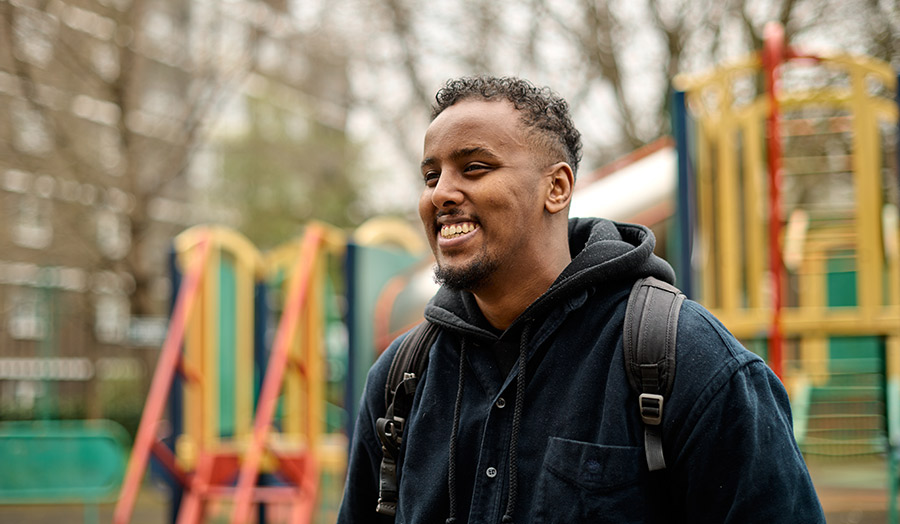
.jpg)
.jpg)
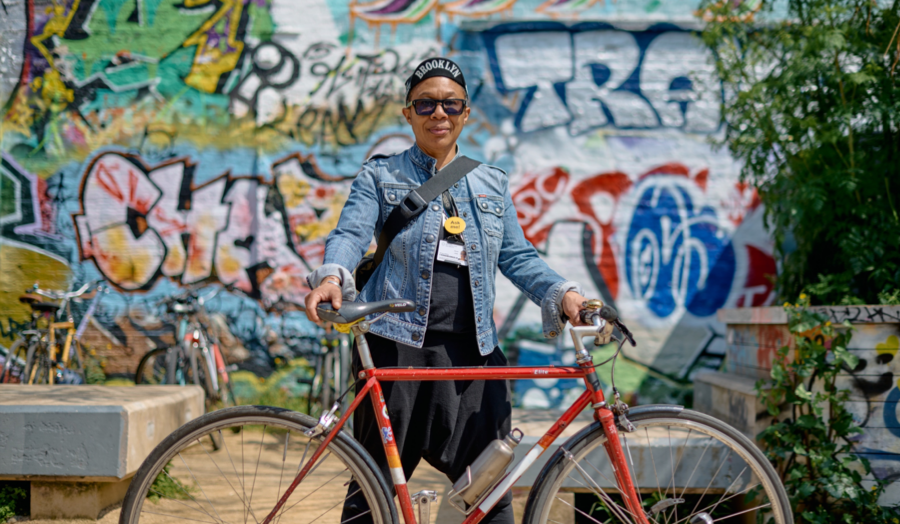
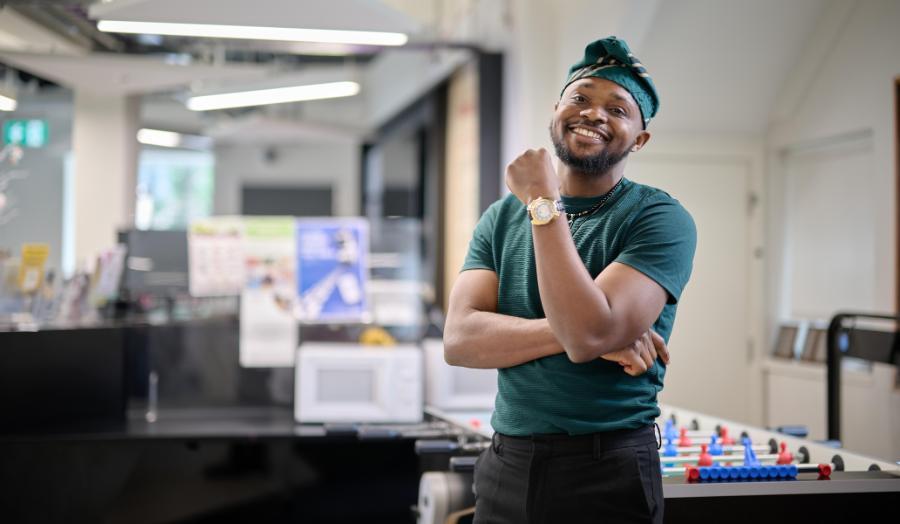
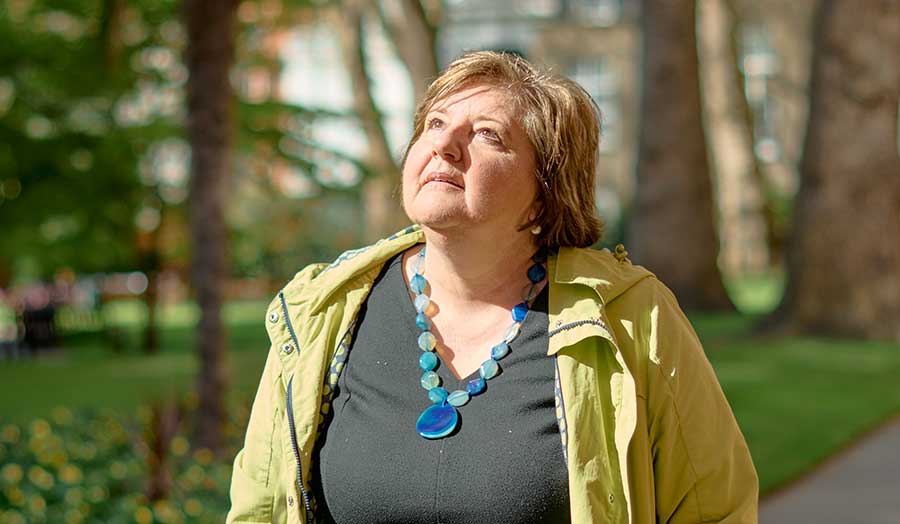
.jpg)
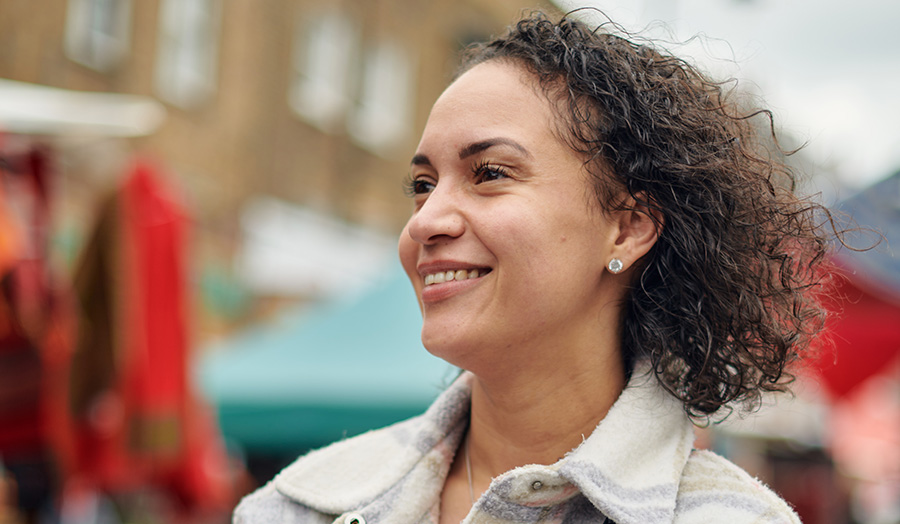
.jpg)